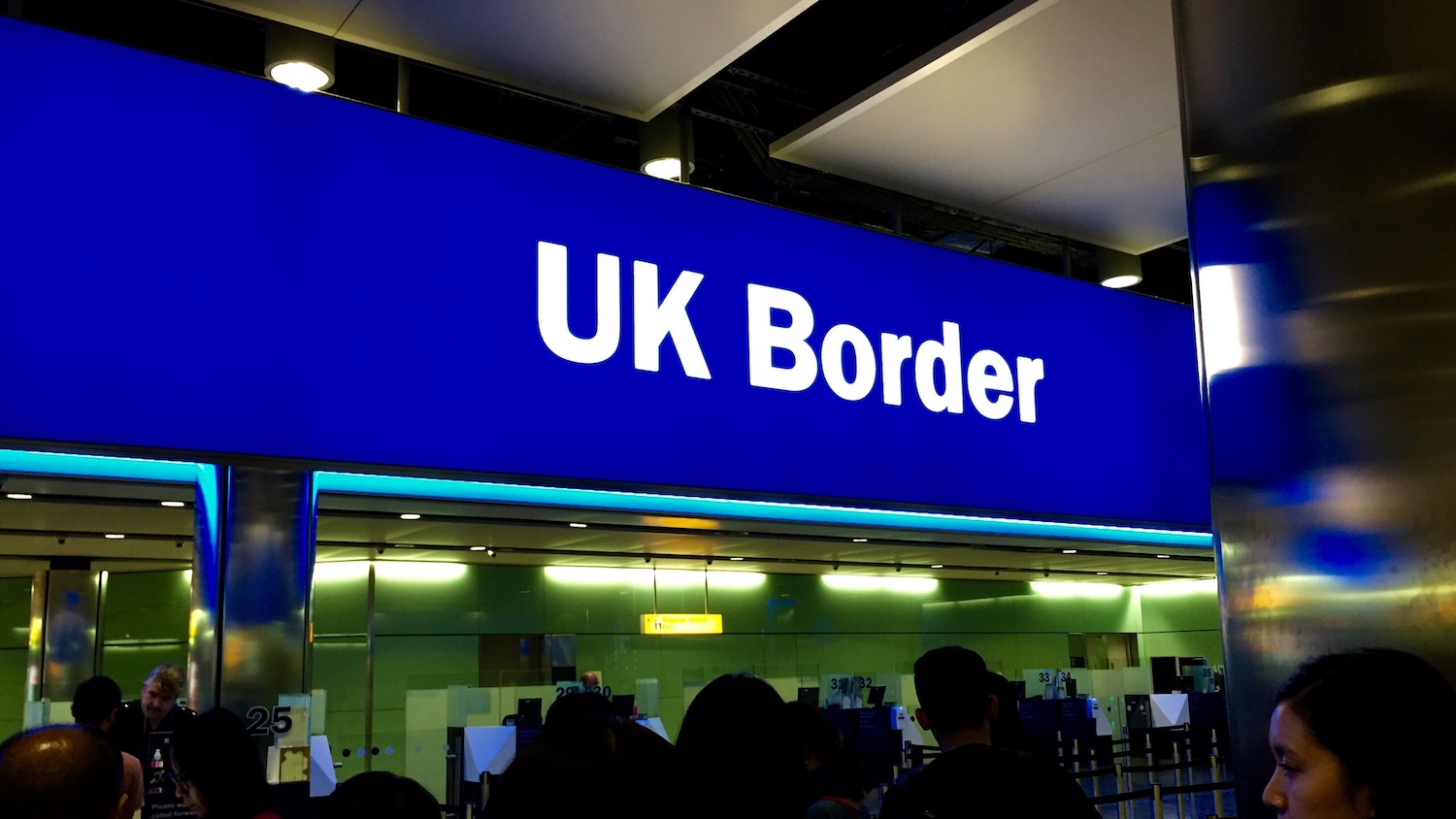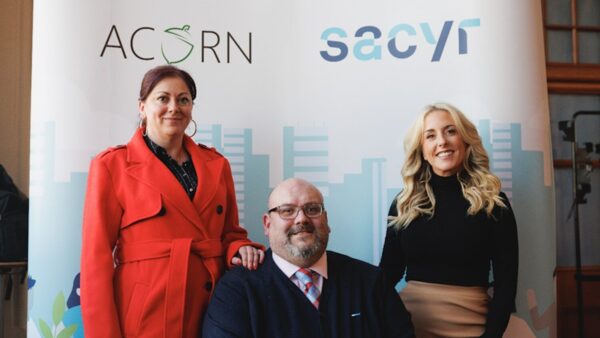
The government’s new immigration white paper – Restoring control over the immigration system – outlines significant policy reforms.
It is aimed at ending overreliance on low-wage overseas workers, strengthening domestic workforce training and development, and reducing net migration figures from historically high levels.
As part of its broader immigration reforms, the government aims to rebuild public confidence in the UK’s immigration system.
The white paper, published on 12 May, outlines stricter visa regulations and settlement rules, and a transition to a contribution-based framework, marking a change in policy direction.
The key changes include:
- Lifting the skills threshold to Regulated Qualifications Framework (RQF) level 6 (degree equivalent roles) from the current RQF level 3 (below degree level). Salary thresholds will also rise yet again, in line with RQF 6 levels.
- Increasing the immigration skills charge by 32%, from £1,000 to £1,320 per year for medium and large sponsors, and from £364 to £480 per year for small sponsors.
- Introducing workforce strategy requirements for key sectors to show domestic recruitment and training investment, with the full details to be confirmed.
- Introducing a temporary shortage list to replace the immigration salary list. Roles that fall below RQF 6 will need to be listed on the temporary shortage list in order to gain access to the immigration system.
- Raising the required level of English language competence for skilled workers to B2 (Common European Framework for Reference for Languages (CEFR) and introducing a new English language requirement for all adult dependants of workers and students at level A1 (basic user).
- Extending the required residence period for settlement or indefinite leave to remain in the UK (currently five years) to 10 years to favour those with long-term contributions to the UK.
- Reducing the graduate visa duration from two years to 18 months.
How will these changes impact construction?
The proposed reforms impact all major visa routes, including work, study, family and settlement.

The construction sector will be most affected by the rise in skill level to degree level
The construction sector will be most affected by the rise in skill level to degree level, given that a number of key construction roles are currently considered to be below that – for example, bricklayers, roofers and construction supervisors.
These measures risk exacerbating existing labour shortages and challenges, potentially leading to further workforce deficits.
Such constraints could hinder efforts to meet critical infrastructure and housing demands, including Labour’s ambitious pledge to build 1.5 million homes over the next five years.
Many roles previously eligible via the skilled worker route, may no longer qualify unless they are listed on the temporary shortage list.
Even if listed, these will likely only be permitted on a time-limited basis, subject to caps. And they will no longer benefit from a reduced salary threshold (jobs on the immigration salary list must currently meet a minimum salary of 80% of the route’s usual minimum rate), where the Migration Advisory Committee (MAC) has advised it is justified.
Additionally, any jobs below RQF 6 level will likely face new restrictions on bringing dependants, which may render the UK a less attractive destination for work.
It remains uncertain whether construction roles will be included in the temporary shortage list, as this will be subject to review by the MAC.
However, in its previous consultation, the MAC identified several construction roles facing shortages, underscoring the ongoing labour challenges within the sector.
The 32% increase of the immigration skills charge will also further increase recruitment costs for construction businesses relying on overseas talent.
Most importantly, sponsoring employers cannot pass this cost on to applicants, meaning employers must absorb the expense.

Businesses utilising the graduate route should evaluate transition pathways and reassess onboarding and progression plans
The proposed change from five to 10 years’ residence being required before an employee can settle in the UK also represents a potential cost increase for employers, assuming they would need to sponsor workers for double the time (and therefore possibly double the cost) as before.
Employers who wish to sponsor skilled workers will also have to demonstrate a commitment to training local hires, although the white paper does not specify how this will be assessed.
Additionally, with the graduate visa period reduced from two years to 18 months, businesses utilising the graduate route should evaluate transition pathways and reassess onboarding and progression plans.
What can employers do to prepare?
While the government seeks to restore public confidence in immigration policy, construction businesses will likely encounter increased costs, recruitment challenges and heightened compliance requirements.
However, the proposed changes will likely also be subject to consultation or further review before they can be implemented and, as such, the final outcome remains uncertain.
To navigate these changes effectively and ensure readiness, businesses should monitor policy updates carefully and proactively reassess workforce planning and hiring strategies.
Kirsty Moore is a manager and Christina Azntaridou is a trainee solicitor at Fragomen.








